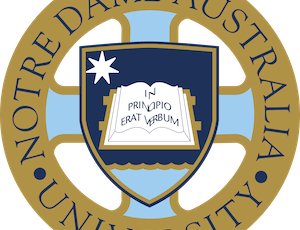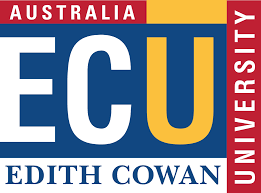University of Notre Dame Australia
Bachelor of Communications and Media in Photography

Are you excited by communications and media and wish to pursue a career in journalism or communications? The University of Notre Dame Australia’s Bachelor of Communications & Media is your degree. The degree covers the specialist professional Bachelor of Communications & Media program and provides a broad range of skills and knowledge applicable to many workplaces. You can complete this degree in 3 years of full-time study or the equivalent part-time. Get in touch today to embark on this exciting course.
Why study this degree?
Media and communications are an exciting and inescapable part of modern life. With the advent of social media, the 24-hour news cycle and the development of citizen journalism, the traditional media landscape has changed beyond recognition. This has presented new opportunities and avenues of communication for journalists, filmmakers, advertising agencies and other media practitioners.
A Bachelor of Communications & Media from Notre Dame effectively prepares you for many jobs. Our degree gives you a unique opportunity to learn everything from journalism to scriptwriting and digital communication.
Enrolling in this program, you can expect to gain a thorough grounding in writing, media law and digital communications before moving on to your specialist area – advertising, film and screen production or journalism.
As part of our commitment to creating job-ready graduates, the Bachelor of Communications & Media also offers a robust internship program, offering you placement opportunities in several media organisations, such as ABC, SBS and the commercial television networks, plus a range of cultural and arts-related bodies across Australia.
Learning outcomes
Upon successful completion of the Bachelor of Communications and Media graduates will be able to:
- Analyse the cultural, political, ethical, and aesthetic contexts of media production including relevant
international and intercultural perspectives. - Evaluate practical and theoretical knowledge with depth in the underlying principles and concepts in
one or more communications and media discipline areas. - Apply analytical, creative, and practical skills in one or more media and communications industry
contexts. - Integrate theory and practice in media and communication projects.
- Communicate arguments and/or ideas in a range of forms.
- Create innovative and practical solutions to communications problems, independently and, where
appropriate, in collaboration with others. - Exemplify the creative and practical skills, and the ethical, legal, and professional standards relevant
to their chosen discipline area in the creation of media.
For more information, visit notredame.edu.au



